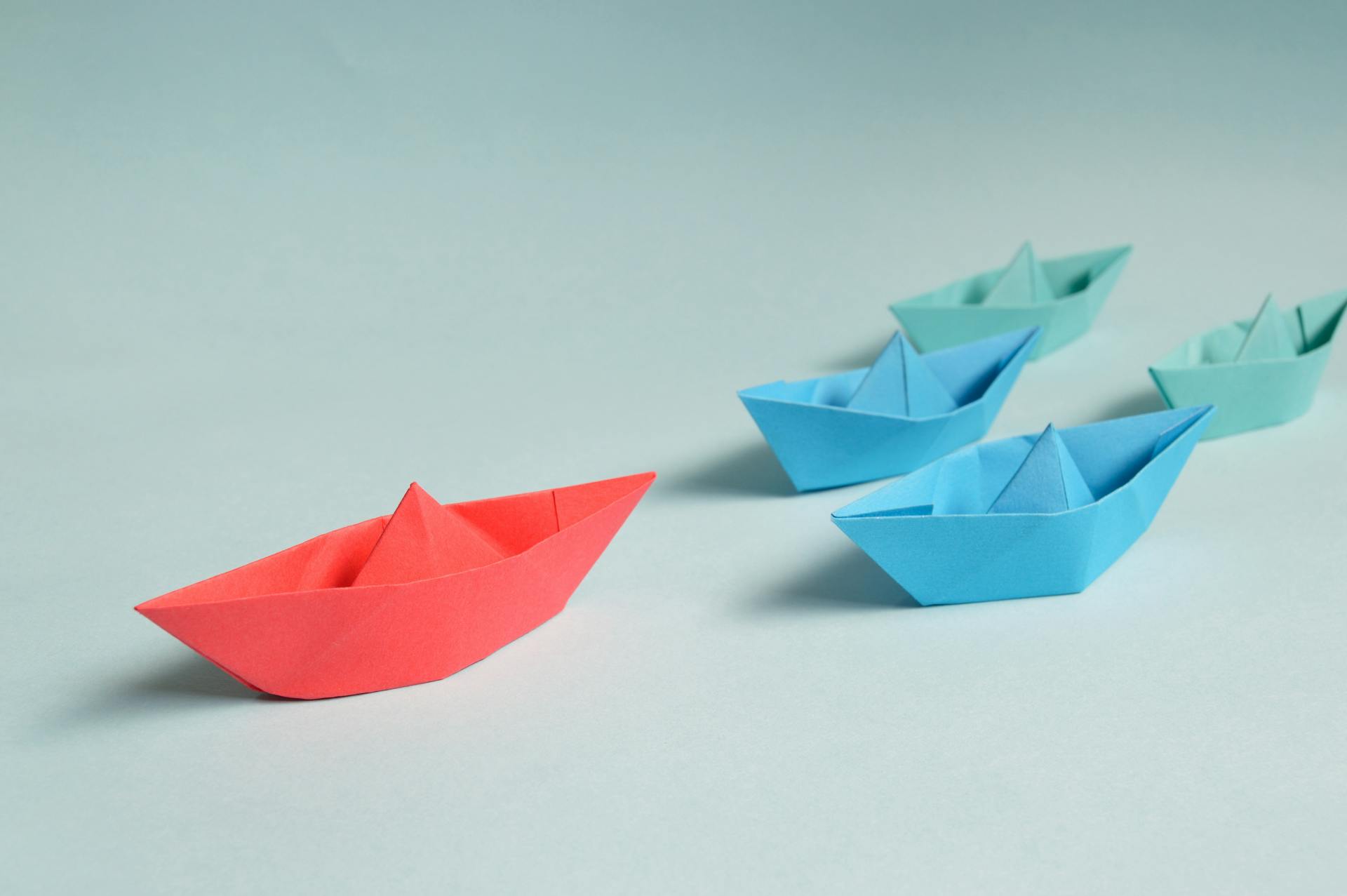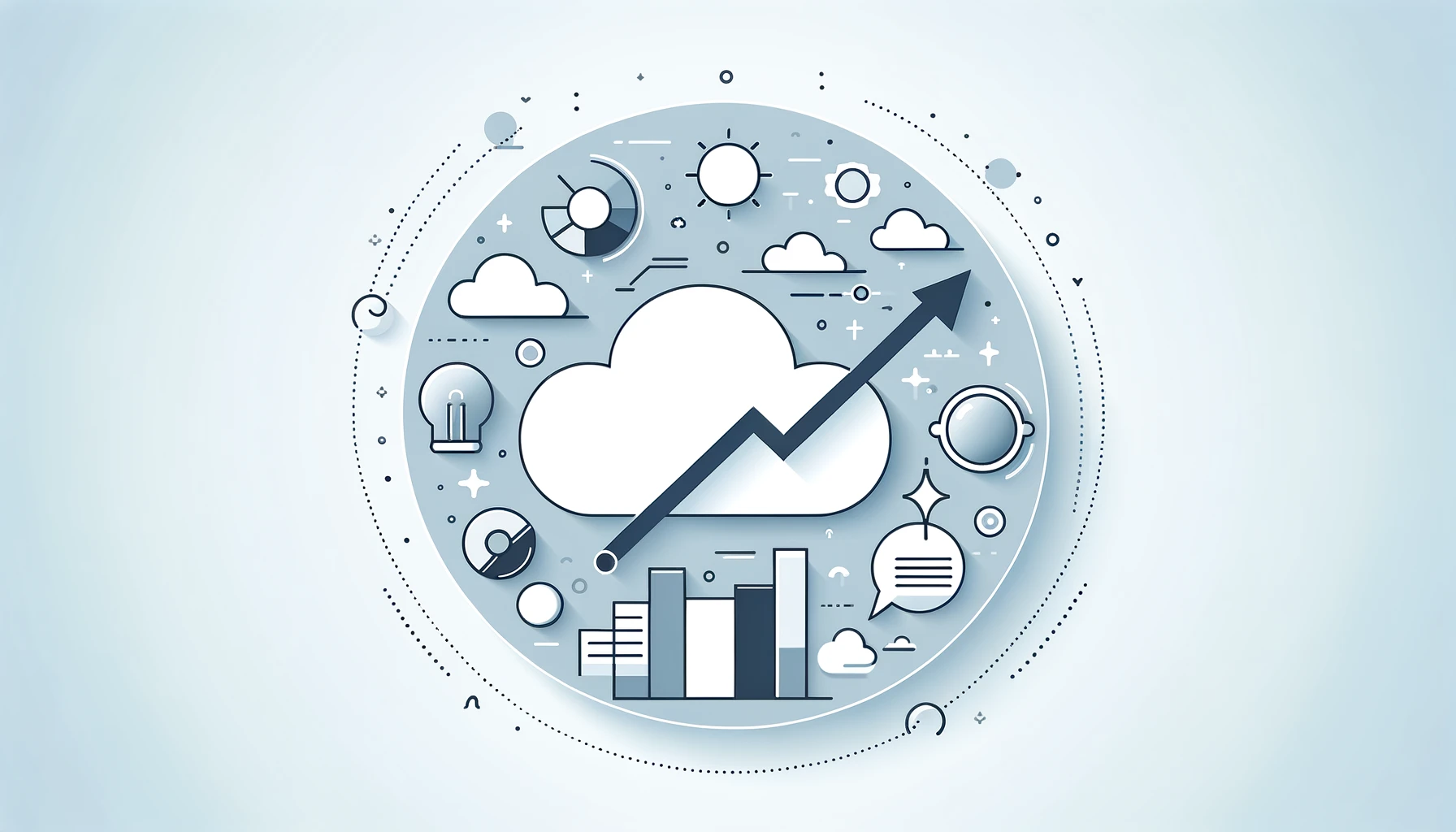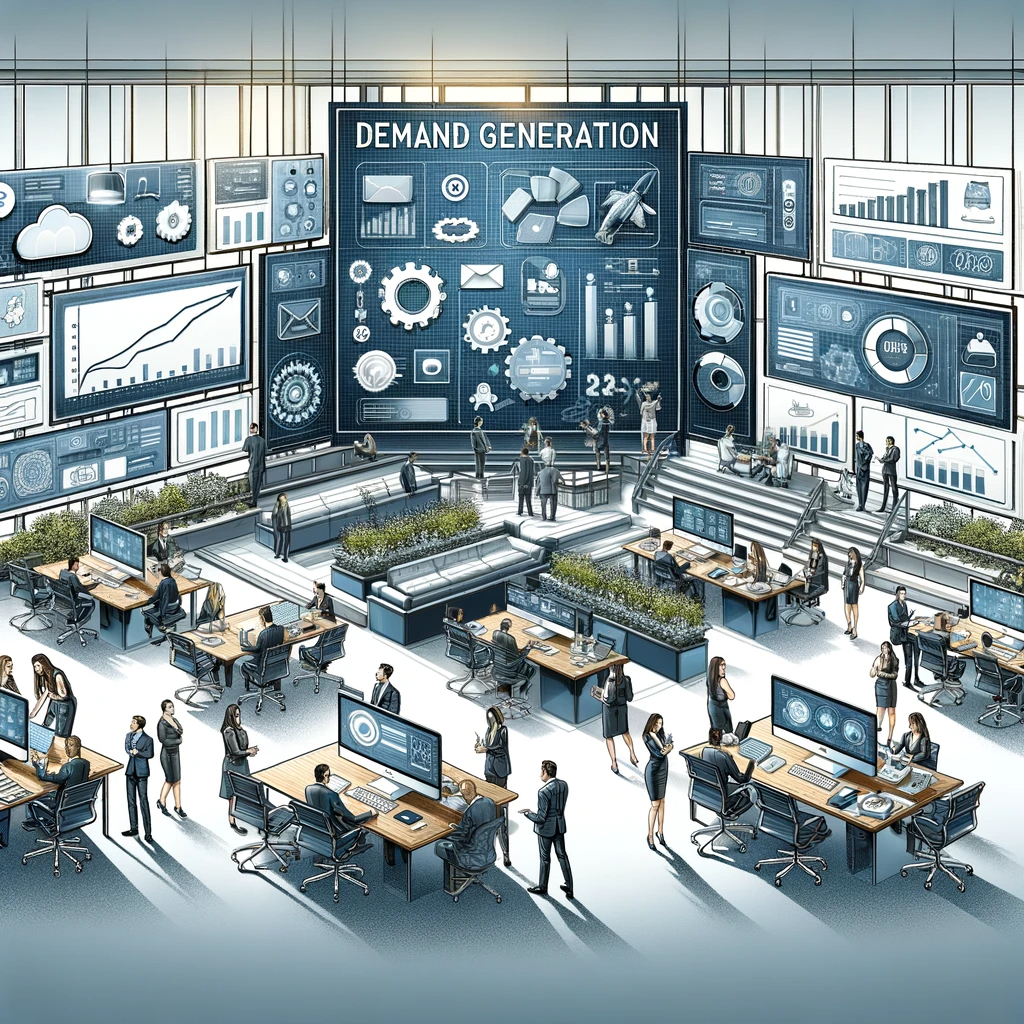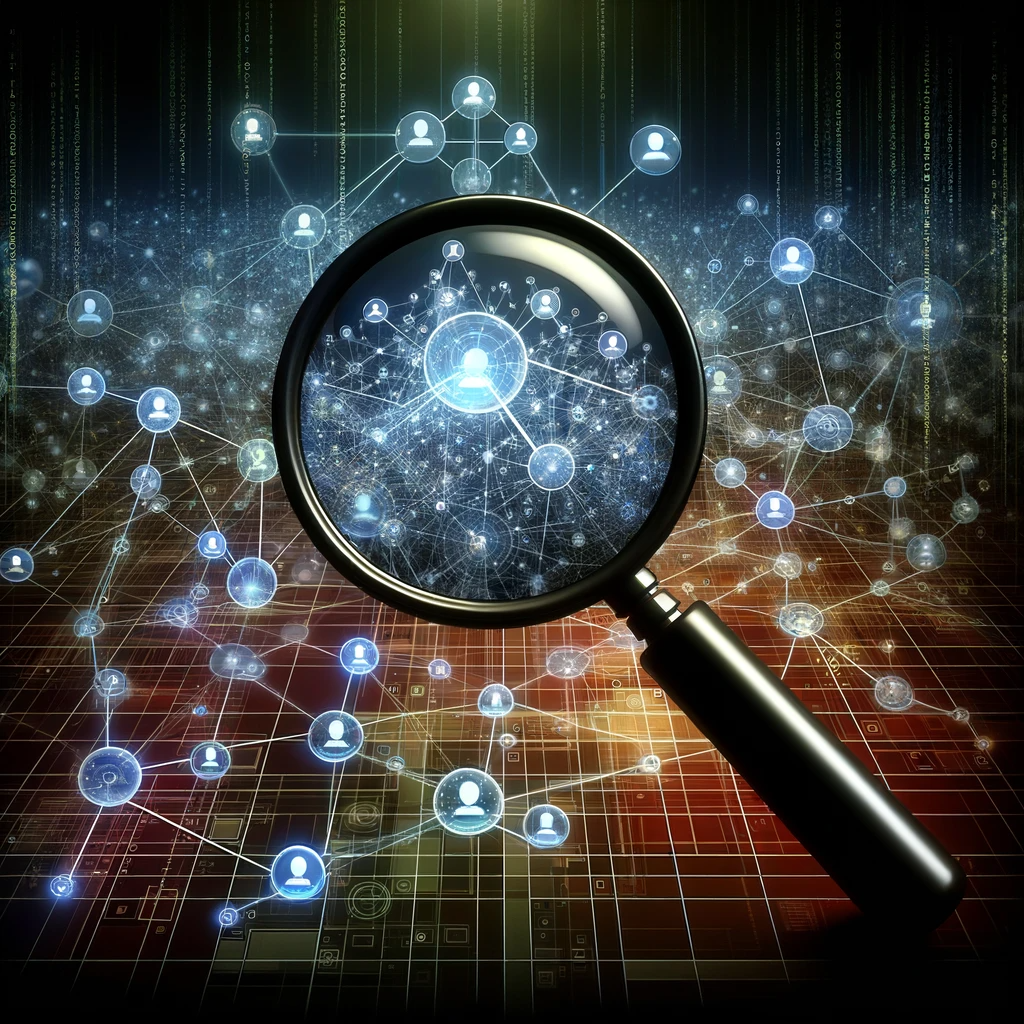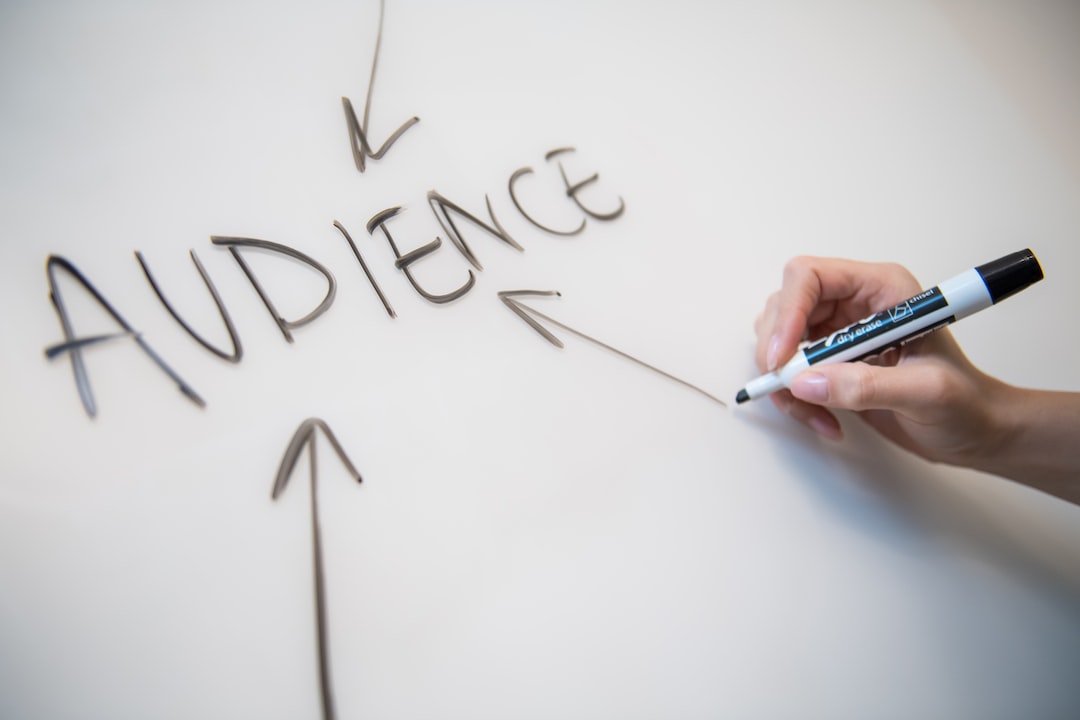When I was about one year away from my discharge from the military, I made a big decision: I scraped up all my money and ordered a pair of soft contact lenses. I knew the waiting period was about 1.5 years to get to the mandatory medical exam to make sure my eyes could handle contacts.
Then the time came, passed the medical and got my contacts. Two years later I was lying on the operating table at the eye department of the county hospital.
My eyes got some infection from the contacts and they needed surgery. The doctors called it light surgery, but for me, no surgery is light. It’s actually scary.
Since it was light surgery, I didn’t get fully knocked out, so I was awake throughout the procedure.
At one point, the surgeon asked me what I was doing for work. I told her I was working full-time at the telecom company and part-time at one of the local abattoir.
Then she said enthusiastically, “Then we’re kindly spirits! We both work with knives cutting and chopping into things little pieces, and by the end of our shifts, we both get covered in blood.”
And for the superficial ear, this statement is correct.
But when we look a tad deeper, we can discover that there is a tiny difference between the nature of the work and the, well, amount of blood.
I’ve decided to mention this morbidly magnificent observation because many people fall into the same kind of terrifyingly treacherous trap when they compare B2C vs. B2B marketing.
On the surface, they may seem to be the same or very similar to the unsuspecting bystander with barely a smidgeon of interest, but on closer scrutiny, the differences reveal themselves faster than Bill Clinton’s falling trousers in the Oval Office.
So, in this delightfully inconspicuous literary masterpiece, we discover the main differences between B2B and B2C marketing.
So, on that note, let’s start with…
Table of Contents
ToggleNo Emotional Involvement
While B2C shoppers by what they want using their own money for their own personal use, B2B buyers buy what their companies need using their companies money for their companies’ use.
That creates a major distinction in buyers’ attitudes.
B2C shoppers …
- Spend their own money.
- Base their decisions on personal wants.
- Emotionally driven laypeople (not experts at what they buy).
- Are emotionally entangled in their purchases.
- Face emotion-riddled flowery language in sales copy with lots of social proof.
- Easily fall for exaggerated language in marketing copy.
B2B buyers …
- Spend their companies’ money.
- Base their decisions on business deeds.
- Intellectually driven experts (they know what they buy).
- Are emotionally detached from their purchases – they’re just tools to run business better.
- Face sophisticated and professionally crafted sales copy with lots of facts, figures and credible third party evidence.
- Easily fall for exaggerated language in marketing copy.
If you sell in the B2B arena and some of your salespeople are from the B2C world, make sure you train them in B2B sales, so they can avoid the mistakes of selling on heavily emotional basis.
If possible, make sure your salespeople have both product expertise and the savvy to explain how the product can offer a healthy ROI for the organisation.
B2C shoppers use more emotion and less intellect in their buying decisions; B2B Buyers use more intellect and less emotion.
Business Buyers Need “Deep And Meaningful” Content
Let’s rewind a bit here.
In B2C buyers, you can observe typical crowd behaviour. Just look at their Facebook posts and tweets.
In his book, The Crowd: A Study of the Popular Mind, French social psychologist, Gustave Le Bon concludes that in a crowd environment, the crowd’s overall smartness is closer to the smartness of the dumbest person in the crowd than the smartness of the smartest person.
B2C shoppers …
- Are parts of a homogenous crowd.
- Need “shallow”, easy to digest content that is first entertaining and then informative.
- Like content free of industry-specific content.
- Little pre-purchase content review.
- Fairly quick decision-making and purchase after content review.
B2B buyers …
- Have their individual requirements, expectations and idiosyncrasies.
- Need “deep and meaningful” content.
- Crave content industry-specific jargon.
- Extensive pre-purchase content review.
- Fairly slow decision-making and purchase after content review.
The reason why B2C shoppers need less information than B2B buyers is because in the case of B2C shoppers and the crowd’s momentum makes up for missing information.
With B2B buyers, there is no crowd, so they need lots of content to make their decisions. Unlike B2C shoppers’, B2B buyers’ decision-making process is slow, so sellers have to learn how to pace the distribution of content. This is one area where a highly automated inbound marketing system with valuable content can make a huge difference.
B2C shoppers need minimum content to make purchasing decisions; B2B buyers need lots of content properly paced and dispensed during the buying cycle.
Business Buyers Are Attracted To Direct Response Marketing
In the world of marketing, there are two main types: Image marketing and direct response marketing.
For B2B buyers, education-based, results-accountable direct response marketing is the best approach. The reason is that B2B buyers are under time-pressure to solve business problems, so whenever they come across something that looks like a possible solution, they act on it.
B2C shoppers …
- Are attracted to image marketing – used mainly by big corporations.
- Have no time pressure to buy – A personal “want” can wait.
- Are loyal to brands and corporations, hence image- and repetition-driven image marketing.
- Are happy with general content.
B2B buyers …
- Are attracted to direct response marketing – used mainly by small and medium-sized enterprises.
- Have time pressure to buy – A business “need” can’t wait.
- Are loyal to respected experts, hence expertise-based direct response marketing.
- Expect customized or even personalized content based on where they are inside the sales funnel.
Image marketing is mainly used by big corporations that don’t mind that a large percentage of their marketing investment is wasted.
Small and medium enterprises use direct marketing because they want to track and monitor their results.
Good B2B marketing is quality content embedded into an education-based, results-accountable direct response marketing campaign. Imagine that your content is a letter with your message and the campaign is the envelope and the delivery process that deliver your message to your market.
B2C shoppers of low-priced and mass-produced items respond well to image marketing; B2B buyers and B2C shoppers in search of expensive items (home, car and professional services) respond better to direct response marketing.
Business Buyers Seek ROI and Effectiveness
More than anything B2B buyers see hefty ROI and effectiveness in their purchases.
By effectiveness, I mean buyers can buy what they need, and then they can effectively get their new purchases integrated into their operation, so the new purchase can start earning its keep.
B2C shoppers …
- Regard shopping as a social engagement.
- Seek enjoyment and special deals in their purchases.
- Purchase enjoyment may or may not initiate future purchases.
B2B buyers …
- Regard buying as part of the process of making their companies more successful.
- Seek ROI and effectiveness in sellers to deliver and set up buyers’ their purchases.
- Effectiveness almost always results in repeat and referral business.
You can see whole families (B2C) go on shopping sprees and six hours later return home… empty-handed.
Nevertheless, the shopping spree was highly successful because everyone enjoyed it.
B2B buyers seek expertise in sellers and effectiveness in sellers’ ability to deliver the purchased products or services.
One of the main reason why B2B buyers seek effectiveness is because on average, as per the Corporate Executive Board, there are 5.4 buyers in the typical B2B buying process, and it can be hard to keep so many buyers happy at the same time. But they know that whichever seller can do that, that seller is most likely to take care of their needs down the road after the sale.
B2C shoppers shop what they want and for enjoyment; B2B buyers buy for what their companies need and for solving specific problems.
Business Buyers Make Investments
Even when you buy cream for your staff kitchen, you do it because you know that as a result of enjoying their cups of coffee, your people will enjoy their work more and perform better.
Business owners know that the better they treat their people, in return, their people will better treat clients, so repeat and referral business is highly likely to go up.
B2C shoppers …
- Spend their money.
- Have little or no regard for future return.
- Expenditures are driven by emotional personal wants.
B2B buyers …
- Invest their money with little or no regard for return.
- Have high regard for future return.
- Investments are driven by intellectual business needs.
Austrian School economist and sociologist, Ludwig Von Mises, described investment this way…
“The price of a cow is determined by the net yield expected from her utilization.”
B2B buyers compare their investments to the future return they expect on those investments.
In the B2C world, most purchases are impulse purchases, including houses and cars. Return on investment doesn’t really come into the picture.
Edward Bernays’ book, Propaganda, nicely explains why people spend their money the wat they do.
Business Buyers Want To Be Educated On Their Purchases
B2C shoppers, most of all, want to be entertained by their shopping experiences. Since B2C shopping is a social event, entertainment is a significant part of it. For instance, many family shopping events end up in movie theaters and restaurants.
Since B2B buyers are professional buyers spending their companies’ money, they have to be extra careful about purchases because they can lose their jobs over making too many purchasing mistakes.
B2C shoppers…
- Learn about their new products after purchase, as they use them.
- Are accountable to no one, so bad purchase is part of life and can be swept under the carpet.
- Study mainly sellers’ content.
B2B buyers…
- Learn about their new products before purchase, called due diligence.
- Are accountable to others, so bad purchase reflects poorly on their judgements.
- Study mainly third-party content.
B2C shoppers buy certain cars because they like the colour or the built-in stereo. B2B buyers buy certain cars after weeks or months of staring at comparison charts on fuel consumption, price, torque, power and other features.
Business Buyers Have Diverse Needs
Let’s stay with Corporate Executive Board’s 5.4 B2B buyers. All right, only five.
B2C shoppers…
- Make decisions single-handedly or with their spouses.
- Buying criteria are fairly unanimous.
B2B buyers…
- Make decisions in several other decision-makers.
- Buying criteria are quite diverse. See table below.
The five B2B buyers evaluate offers from five different perspectives. Yes, their perspectives may converge somewhere in the distance, and there is some overlap at the beginning, but at the moment of trying to sell to them, their foci, concerns and interests are quite diverse.
Business Buyers Spend Someone Else’s Money
B2C shoppers and B2B buyers have different attitude to buying because of whose money they spend and what drives the purchase.
B2C shoppers…
- Spend their own money.
- Buy for personal satisfaction.
- Have no accountability.
B2B buyers…
- Spend their companies’ money.
- Buy for their companies’ success.
- Have profit/loss accountability in their businesses.
But owners of troubled businesses and owners of successful businesses buy differently.
And owners of troubled businesses add huge emotional component to the purchase.
It’s almost like a B2C purchase. So, they consider every little detail to the nth degree and every purchase is like pulling teeth.
But owners of successful businesses know what their businesses need to go to the next level of success, and they just buy them. Oh, and they maintain a healthy separation between personal and business finances.
Business Buyers Make Buying Decisions In The Absence Of Salespeople
While in B2C sales decisions take place with the active participation of salespeople, in B2B sales, buyers make decisions behind closed doors and usually in the absence salespeople.
B2C shoppers…
- Decide in in the presence of salespeople.
- Base their decisions on few key criteria.
B2B buyers…
- Decide in the absence of salespeople.
- Base their decisions on lots of minute details.
After all the B2B buyers, advisors and evaluators have finished the evaluation process, they notify sellers about their decisions, and that’s all. And no amount of improvement in closing techniques and objection-handling skills can help sellers.
B2B buying decisions are based partly on salespeople’s actions, overall buyers’ experiences right from the beginning of relationships and the buyers’ companies’ internal systems.
Business Buyers Seek More Than A Simple Transaction
In most cases, B2C sales are based on simple transactions. Mind you, they could be more than transactions, but many B2C sellers believe it’s not worth the money and effort investing in the required expertise and infrastructure.
B2C shoppers…
- Bur through simple transactions.
- Don’t see relationships with sellers.
- Pursue short-term personal satisfaction in most of their purchases – instant but short-lived gratification.
B2B buyers…
- Bur through complex processes.
- Often maintain relationships with sellers.
- Pursue long-term organisational improvement in most of their purchases – delayed but lasting gratification.
Stanford professor of psychology, Walter Mischel, proved that point of gratification in the late 60s and early 70s in his marshmallow experiment.
The difference between transaction and transformation is how you sell. Transactional selling is all about, “Here is your stuff, give me my money”. Transformational selling focuses on the long-term improvement in the client’s condition.
Business Buyers’ Loyalty Lies With Individuals (A.k.a. Salespeople) Not Brands Or Companies
One of the biggest headaches of B2B companies is that the average annual salesperson attrition is about 25%, and when one A-player salesperson leaves, several A-players follow him, leaving the company high and dry.
B2C shoppers…
- Are loyal to brands and companies
- When salespeople leave their companies, keep shopping at the same stores for the same products.
B2B buyers…
- Are loyal to people – Usually salespeople.
- When salespeople leave their companies, often follow their salespeople and keep buying form them.
B2C salesperson attrition costs little, so losing salespeople is no big deal. Losing B2B salespeople can be a small financial disaster for the company.
The main reasons for B2B salespeople to quit are capped compensation on large deals, not believing in what they sell and prospecting (lack of marketing-driven lead generation and nurturing programme).
The really expensive part of this problem is that, in many cases, departing salespeople are followed by their clients.
Business Buyers Are Skilled Professionals
As a B2C customer yourself, think about what sort of products you’ve bought over the years that you know nothing about. Many of them most probably.
B2C shoppers…
- Are laypeople in the areas of their purchases.
- Can be easily fooled with deceptive marketing. “bait and switch” tricks, testimonials and social proof.
- Further increase their chances of getting fooled by seller is the reluctance of due diligence.
B2B buyers…
- Are experts in the areas of their purchases.
- Are hard to fool because many of them used to work in the sellers’ industries.
- Further enhance their expertise through third-party non-vendor content.
If a B2C customer wants to buy some beauty products, all she wants to know that it can turn an ugly, old hag to the proverbial Cinderella in a very short time and who else has bought it. Big promise and social proof. Some celebrity endorsements are even better.
In the B2B world, you sell to experts.
It’s also important to note here that the more you treat a B2C shopper like a B2B buyer, the higher customer lifetime value (CLTV) you can get out of the relationship. You make more money and your customers will pay you gladly for the better shopping experience.
Business Buyers Go Through Multi-Step Buying Processes
While most B2C take place in one fell swoop, B2B buyers go through a rather long journey from first contact to signed contract.
B2C shoppers…
- Usually buy in one single fell swoop.
- Buy in a short space of time.
B2B buyers…
- Usually buy in many steps.
- Buy in an extended space of time.
In Lead Generation for the Complex Sale: Boost the Quality and Quantity of Leads to Increase Your ROI, author Brian Carroll reports that the sales cycle can be anywhere between nine and 36 months.
MarketingProfs’ estimates are a bit more optimistic but still pretty long.
Also, SiriusDecisions reports that between 2008 and 2013, the average sales cycle has become 22% longer, typically with three more decision makers participating in the buying process
It also means that the more buyers are involved, the more steps they go through from contact to contract and the longer it takes to reach a decision.
Summary
Although there is a lot of overlap between B2C and B2B marketing, there are plenty of differences that you can use as you plan your next campaign and buyer persona.
The differences are especially important if you serve both the B2B and B2C markets.
However, at the end of the day, no matter which side of the B2B or B2C divide you work in, all marketing is P2P — person to person — despite the external differences.
As the saying goes, marketing is psychology and maths. You need psychology to design your campaign and maths to track and analyse your results.
But that alone would be an irresponsible simplification of the process.
So if you’re in the B2B field, now that you’re clear about the differences between B2B and B2C marketing, I suggest that you read this article on Writing a B2B Marketing Plan in 10 Easy Steps.



